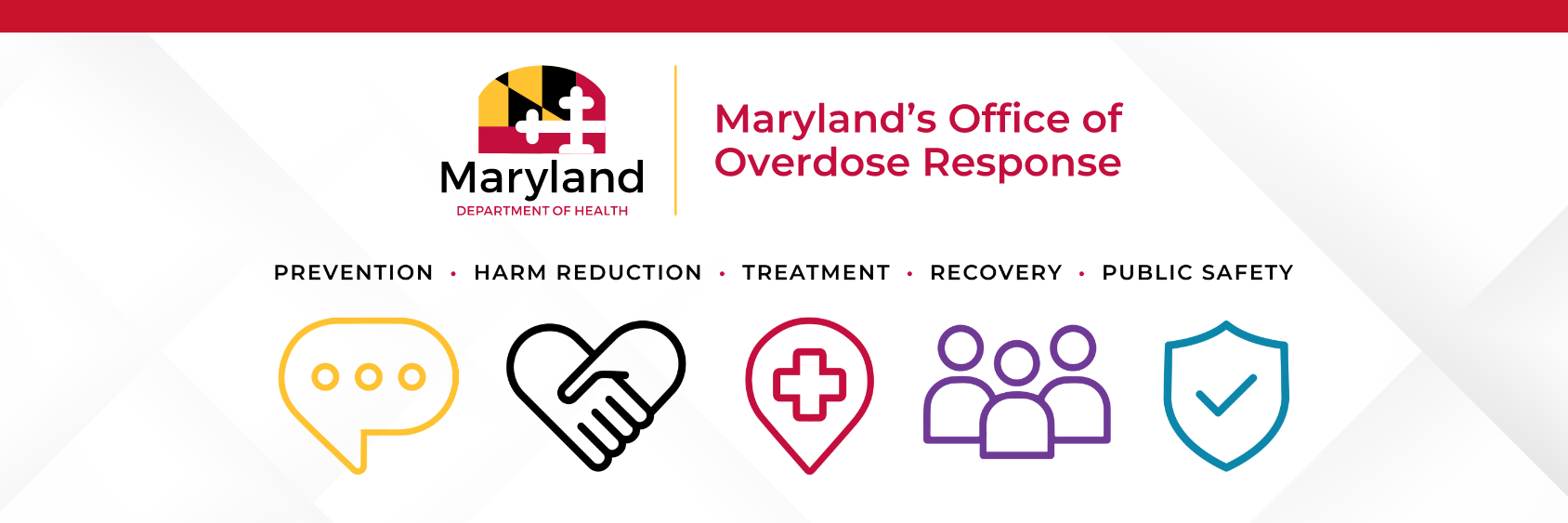Opioid Operational Command Center Hosts Workshop on Youth Prevention and Intervention
How Local Jurisdictions and State Agencies are Fighting the Opioid Epidemic through Prevention and Education
October 15, 2018
ANNAPOLIS, MD — Today, the Opioid Operational Command Center hosted a “Youth Prevention and Intervention” workshop for Maryland’s 24 local jurisdictions/Opioid Intervention Teams (OITs) and other local partners across the state. Held at 100 Community Place in Crownsville (Anne Arundel County), participants shared efforts in the fight against the heroin and opioid epidemic, focusing on youth and prevention and education.
“It’s so important that we draw a line around our youth and protect them and prevent them from ever beginning to take drugs,” said Clay Stamp, executive director of the Opioid Operational Command Center. “We’ve brought together today some of our partners to share some really exciting ways they are tackling the opioid epidemic with prevention and education.”
Participants started the morning with public service announcements (PSAs) created by Cecil County students, followed by a panel on school administrator involvement and presentations on:
- Substance use prevention curriculum in Frederick County Public Schools
- Montgomery County Recovery and Academic Program
- Student Assistance Program & SBI (Screening, Brief Intervention)
- Programs dealing with trauma in Carroll, Frederick, and Washington counties
- Law enforcement education in schools by Dorchester County
During lunch, participants could visit Harford County’s H.O.P.E. House, a mobile unit designed to look like a teenager’s bedroom showing parents and educators the signs to look for that are indicative of substance use. Additionally, participants discussed what prevention means to them and their experiences with substance use prevention programs.
“As both a therapist and a professor for students seeking to become substance abuse counselors, I’m excited to participate in the Youth Prevention and Intervention Workshop. While the opioid crisis has caused much devastation in the state of Maryland, it has also increased awareness of this long-standing problem in our communities and highlighted the urgent need to erase the stigma associated with addiction,” said Dr. Ryan Messatzzia, DSW, LCSW-C, associate professor of Social Science, Wor-Wic Community College. “With its focus on education, intervention, and treatment, this workshop offered the opportunity to share emergent practice interventions with a statewide audience. My hope is that this dialogue will help to facilitate an ongoing commitment to providing support for those experiencing substance abuse problems and their families.”
The day-long workshop was closed out with presentations focusing on how Maryland’s higher education institutions are working to combat the opioid crisis, including:
- Overview of higher education’s contribution to addressing the opioid epidemic by the Maryland Higher Education Commission
- How OITs, which are set up in each of Maryland’s jurisdictions and led by the emergency manager and health officer, can partner with higher education by Wor-Wic Community College
- Community and educational outreach and prevention programs in the Greater Baltimore Area by the University of Maryland Baltimore
Before It’s Too Late is the state’s effort to bring awareness to this epidemic—and to mobilize resources for effective prevention, treatment, and recovery. Marylanders grappling with a substance use disorder can find help at BeforeItsTooLateMD.org or by calling 211 and pressing 1. Additional support is available through MDCrisisConnect.org, which has information on both text and chat features.

 1-888-373-7888
1-888-373-7888 233733
233733